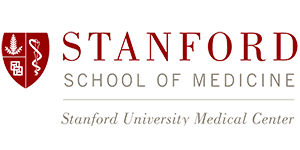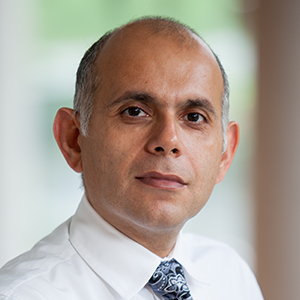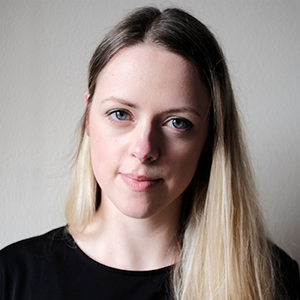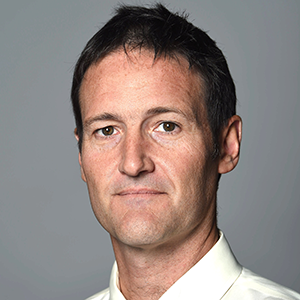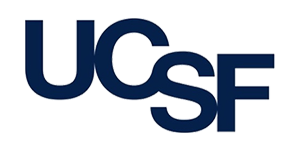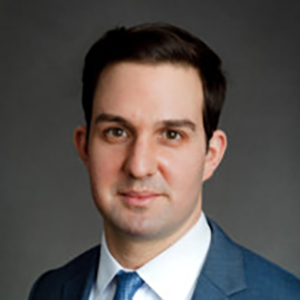Data science in combination with new tools help predict which patients will benefit most from health care interventions. Session contributors are representatives from medical organizations discussing various data science applications and their approaches to using data and predictive modeling to analyze and identify meaningful patterns that result in better patient outcomes.
Session Chair Profile
Biography
Somalee Datta is a computational physicist by training and a biotechnologist by profession. She believes that with the explosion of data in healthcare and with new methods to analyze such large amounts of data, we will see massive changes in how human diseases are addressed. She wants to be part of this revolution. At Stanford Medicine, her team is responsible for delivering technologies and solutions to harness vast amounts of biomedical information and accelerate precision health research. She has over two decades of experience building and running interdisciplinary R&D teams that focus on system engineering approaches to complex scientific and technological problems.
Talk
A Biomedical Data Science Ecosphere At Stanford Medicine
At Stanford Medicine, we envision a world in which we can prevent disease before it strikes and cure it decisively if it does. We believe that the ability to harness vast biomedical datasets will pave the way to understanding human health and make Precision Health a reality. This talk will present our scientist centric ecosphere that is built ground up to fast track large scale analysis using sensitive data in an ethical and secure manner.
Speaker Profile
Biography
Dr. Mirhaji was the former director of the Center for Biosecurity and Public Health Informatics Research at the University of Texas at Houston where he developed clinical text understanding, semantic information integration, and EMR interoperability solutions, for public health and disaster preparedness. He is an inventor with several patents covering information integration, biomedical vocabularies and taxonomy services, clinical text understanding and natural language processing, electronic data capture, and knowledge-based information retrieval. Dr. Mirhaji and his fellow researchers were awarded “The Best Practice in Public Health. He is a member of W3C working groups for application of Semantic Technologies in Healthcare and Life Sciences, and organizer and committee member for several national and international conferences on Bio-Ontologies and Semantic Technologies.
Talk
Patient-Centered Analytic Learning Machine- PALM
This talk will cover Enterprise architecture to operationally support advanced analytics, AI/ML, and big-data strategy at large scale in large integrated health systems to improve outcomes and patient experience. And Use of knowledge-graphs, ontologies, and graph analytics at scale and in real-time to provide a secured, enterprise analytic solution for learning healthcare systems.
Speaker Profile
Biography
Dr Amy Nelson is a Senior Research Associate in the High Dimensional Neurology Group led by Dr Parashkev Nachev at UCL Institute of Neurology. She builds machine learning models for scheduling optimization at University College London Hospital (UCLH) and Great Ormond Street Hospital. Her recent work is on the prediction of MRI appointment no-shows, which highlights the dimensionality of complex behavior prediction and the need for high capacity modelling. She is also developing novel research impact metrics focused on translational outcomes at the National Institute of Health Research UCLH BRC. She obtained a medical degree and first class honors pharmacology degree from the University of Edinburgh, was a visiting student at Columbia University Biomedical Informatics Department with Professor Herbert Chase, and worked as a foundation doctor at UCLH.
Talk
Optimizing Hospital Scheduling With Artificial Intelligence
Non-attendance is common, delays management, and costs £1 billion annually in the UK alone. Though complex, the field of causal factors is intelligible with machine-learning assisted models, enabling individually-tailored optimization of scheduling. Drawing on experience from UCL Hospitals, I demonstrate how artificial intelligence could transform hospital operations generally.
Speaker Profile
Biography
Dr. Baranzini’s current research involves large genomic studies in MS patients to characterize the overall risk and activity of genes during different stages of the disease, differential response to treatment, and disease progression. His research also involves immunological studies using the EAE model, sequencing of whole genomes and transcriptomes from patients with MS and developing bioinformatics tools to integrate this information with that coming from other high throughput technologies. In addition, Dr. Baranzini collaborates with several interdisciplinary teams worldwide to computationally integrate all the available knowledge obtained in different research domains. He also leads the iMSMS, an international consortium to study the effect of bacterial populations (microbiota) on MS susceptibility and progression. Dr. Baranzini earned his degrees in clinical biochemistry (1992) and PhD in human molecular genetics (1997) from the University of Buenos Aires, Argentina.
Talk
Merging Electronic Health Records with a knowledge graph to improve predictive medicine
This talk will describe current efforts by UCSF, Google, ISB and LLNL in creating an open knowledge graph that can be used to improve AI-based predictions on EHR data.
Speaker Profile
Biography
Robbie Freeman is the Vice President of Clinical Innovation at the Mount Sinai Health System. He is passionate about leveraging technology to improve quality, patient safety and care delivery. Over the past 9 years, Robbie has held several leadership roles within the Mount Sinai Health System (MSHS). He is Co-Director of the Clinical Data Science Team, tasked with building predictive models that leverage AI to improve patient safety and hospital operations; to-date, the team has deployed predictive models addressing falls, patient deterioration, delirium, discharge planning and malnutrition. He holds a Master’s in Business Analytics from the NYU Stern School of Business, a B.S in Human Biology from the University at Albany, a M.S.N in Clinical Systems Management from Excelsior College and is a graduate of the Philips School of Nursing at Mount Sinai BI where he currently serves on the Board of Trustees.
Talk
Developing a Machine Learning Platform for Quality and Patient Safety
This session will explore one organization's journey with embedding AI into hospital operations and clinical workflows. We will cover the framework used to develop and deploy real-time products that predict: Clinical Deterioration, Malnutrition, Delirium and Falls. We will share how these tools are being leveraged at scale across a multi-hospital system to enhance patient safety, quality of care, and the patient experience.








